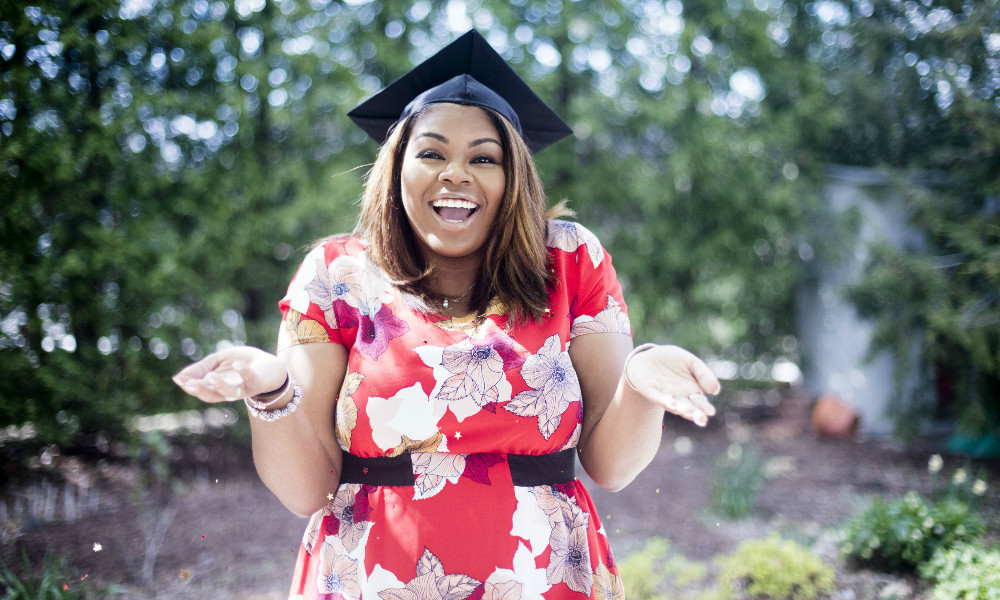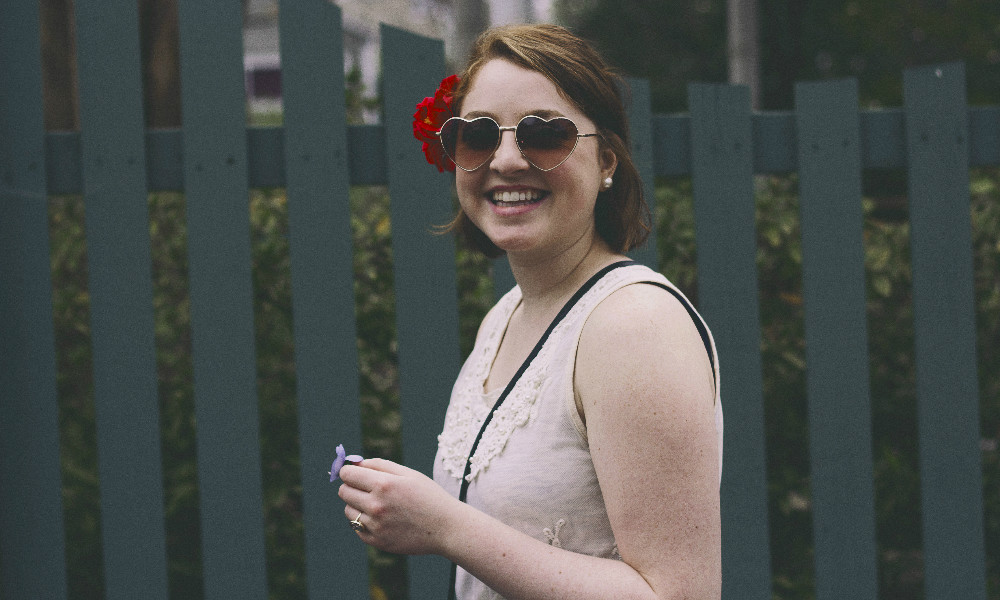Can you cut 1 Tonne of carbon pollution out of your life?
Take the challengeAt the very core of minimalism is the idea of embracing “enough”: figuring out what is truly important and useful, and letting go of the rest.
We often think about this in terms of the things we own, but actually it's more than that. Minimalism is not just about having enough. It's just as much about being enough.
Being enough means finding contentment and acceptance with our lives the way they are right now, in the present moment. That's not to say we don't want things to be different, nor is it dismissive of the fact that change can be good and worthwhile; it's more about letting go of expectations. It's about finding happiness in the present, rather than pinning it on the future (I'll be happier when x). It all comes down to enjoying the journey rather than focusing solely on the outcome – which may or may not happen as we'd like it to.
That's not to say it's easy! We're hardwired to dream and scheme and plan, wish things were different, imagine what the end result will look like before we've actually done the work, and compare ourselves to others. Unlearning those habits is a big task. Being aware is a much easier first step.
Here are 5 lessons that minimalism has taught me about "enough".
1. "I have enough. I do enough. I am enough."
There is so much that needs changing in the world, and of course I want to do as much as I can to help make it happen… but I can only do so much. I used to lament about how I should be doing more, but I've realised that this made me stressed and ultimately more unproductive – I was almost frozen with fear and doubt. I can't do everything, but I can do something… and that is a whole lot better than nothing. That is a great place to start. Whatever I do, I am content that at this moment, it is enough. When I was worked up about not being able to do everything, even one extra thing seemed like a huge burden. I've noticed that when I feel more relaxed that what I do is enough, I start to notice these things as opportunities to do just a little bit more.

Image: Unsplash
2. Comparisonitis is a waste of energy.
I love using social media as a way of spreading my message, and sharing the messages of others. But I'm also aware that it can be a slippery slope towards getting comparisonitis… which is where we start to think we aren't enough. We start to feel bad, and think about what we can do or buy to make ourselves better, rather than accepting that we are the way we are. Remember, the images and stories we share on social media are (usually) a curated snapshot of the best or most interesting things in our lives. When all these images are put together, the feeds we see can be overwhelming. Being exposed to a constant stream of how much fun everyone else is having (which isn't so much the reality as the perception) can negatively impact our feeling of self-worth. I try to follow only people I find inspiring, who keep things (mostly) positive and have a practical focus. I keep the aspirational lifestyle stuff to a minimum. I also avoid checking social media when I'm feeling grumpy or stressed. It helps keep comparisonitis to a minimum.
Read this next: Lessons learnt from the longest study on happiness
3. You don't need likes, follows or shares to be complete.
It's great when other people like and comment on our feeds – it's confirmation that we've touched someone else with our thoughts or images. Who doesn't enjoy those shared connections? But chasing approval shouldn't be the focus or the why. Remember, there's enjoyment and satisfaction to be found, regardless of the approval of others, in the process of writing, creating and sharing. Personal satisfaction keeps us going when the things we share maybe don't have the responses we'd like. Worrying about winning the approval of people you don't even know is a distraction. Appreciate the likes and comments and shared connections that you do have, and be thankful for them, because behind the likes and emojis are real people who genuinely care about what you say.
Read this next: Money can actually buy happiness, but it's meaning that we need

4. Do what feels right.
This is as much about gut instinct and intuition as it is about figuring things out on a completely practical level. Just because someone else has done things a different way, that doesn't mean that's what is best for you. For example, I've read articles that have told me that the ideal blog post is 500 – 700 words. I don't think I've ever managed to squeeze what I want to say in so few words! And guess what – people still read what I write! For me, that was less than enough. I am comfortable with a little more. Another example: I cannot fit my entire possessions in a suitcase, and I have more than 100 things. But I don't feel that I am tripping over things I don't need, so I am not chasing less. I am happy knowing that for me, this is enough. It is not a competition.
5. Don't let feelings of less than enough hold you back.
Our own journeys and our own stories are just as important as anybody else's. When I first started contemplating blogging in 2012, I nearly didn't start because I saw Beth Terry's blog and thought: well, she's already covered everything so well, what more do I have to offer? Later (once I'd started blogging, but still in the early days) I began embracing minimalism, and I wasn't sure whether I should write about that because people like Joshua Becker already do an amazing job. But then I wondered: maybe there's a place for me, too? Maybe I don't know everything about living plastic-free, and maybe I have too much stuff to be a minimalist, but maybe I still have something to add to the conversation? It's not about being the best. If I'd worried about not being the best, I'd never have started, and I'd have missed out on so many great experiences, lessons and connections.
Minimalism is about far more than simply getting rid of a bunch of stuff: it's a whole new way of thinking. I'm not perfect at any of these, and I still slip up, but being more aware of finding "enough" within myself has made me more positive, boosted my productivity and increased my happiness. I never realized when I first decided that I had a few too many possessions that the journey I was about to embark on would be so rewarding, and have such an impact on my life. But it has, and I'm grateful.
Lindsay Miles is a writer, blogger, workshop facilitator, public speaker and all round enthusiast for sustainable living, with a passion for zero waste, plastic-free living, minimalism, real food and ethical consumerism. She runs the website Treading My Own Path and is the author of That's a Wrap: Tips, Ideas and Inspiration for Living Plastic-Free.
Read this next: 7 Simple tips for minimalist living
